A Day in the Life of a Librarian and Research Management ▶
Details
Date: Fri March 11, 2022Time: 10:30
Room: B
The importance of Research Data Management (RDM) has grown significantly in the national research landscape in recent years. The publication of the FAIR Data principles and their subsequent adoption by Research Funding Organisations , together with the requirement to complete a Data Management Plan (DMP), has resulted in a skills gap in the research community.
The role of librarians in supporting RDM has long been recognised. Many traditional librarian skills, such as metadata preparation and long-term preservation, are key aspects of RDM and FAIR data. Therefore libraries are well placed to support the research community with these emerging requirements and many academic libraries in Ireland now have dedicated RDM support services. These services provide guidance, support and training on RDM and FAIR Data to foster the development of these skills across their Institutions.
In this presentation we will use the DMP as a lens through which to view support provided and activities engaged in by libraries and librarians, with a focus on UCC and UCD. We will outline how libraries are helping researchers generate and implement their DMPs at all stages of the research data lifecycle from grant application stage to data sharing.
Library RDM supports often act in a coordinating role and provide a bridge between researchers and other core services and expertise. Researchers have queries related to data management outside of a librarian’s scope, but within the remit of other central services. Again the DMP can be seen as a lens through which we can engage researchers with other key services including IT Services, the Research Office, Data Protection, Ethics and Tech Transfer, ensuring that DMPs created by researchers are holistic and complete.
We will also consider where there are gaps in the current offerings such as the availability of support for those working with big data and our ability to access EU infrastructure and opportunities. While Libraries are well situated to support and link researchers with local opportunities and services potentially we are missing the bigger picture. We suggest that there is a translational gap at a national level, there is a need for an agency or organisation to help researchers in Ireland avail of and benefit from funding, infrastructure and resources stemming from EOSC and related groups.

